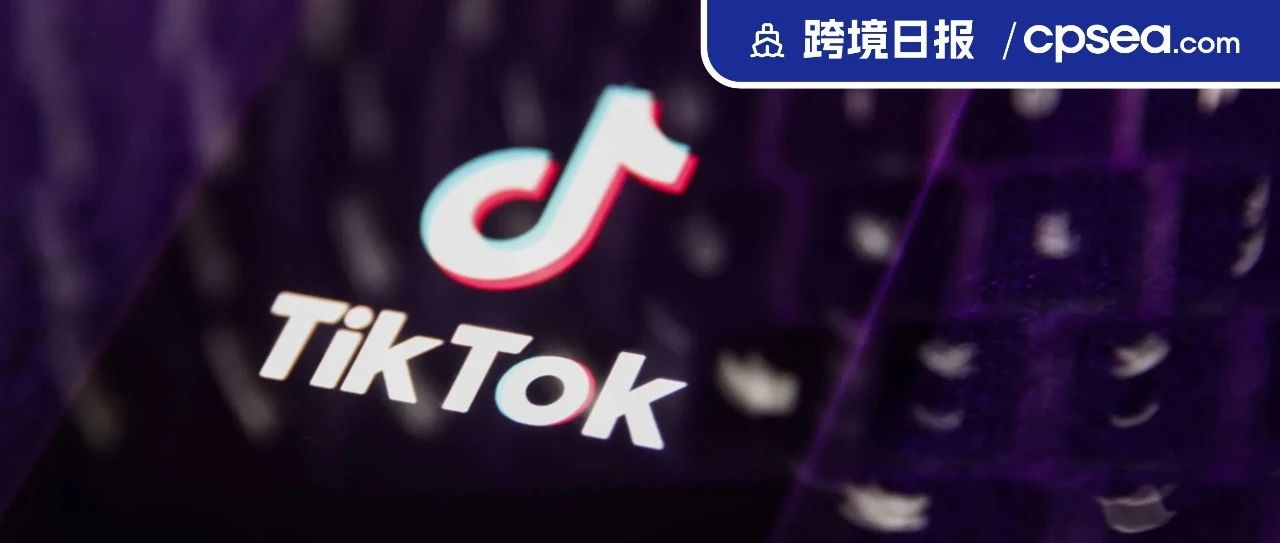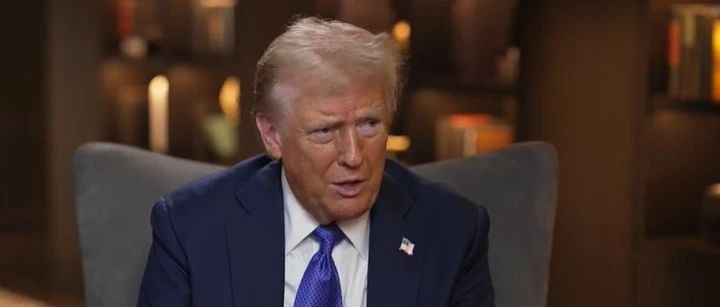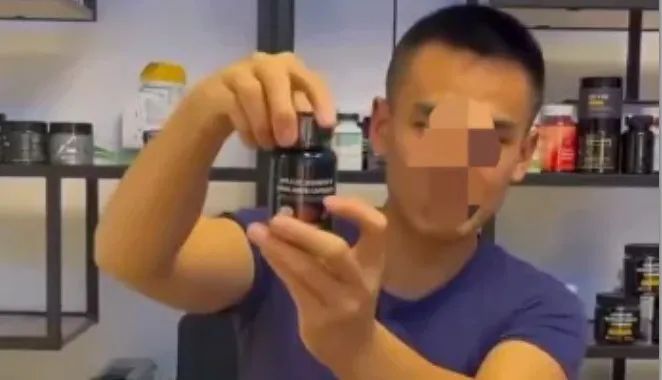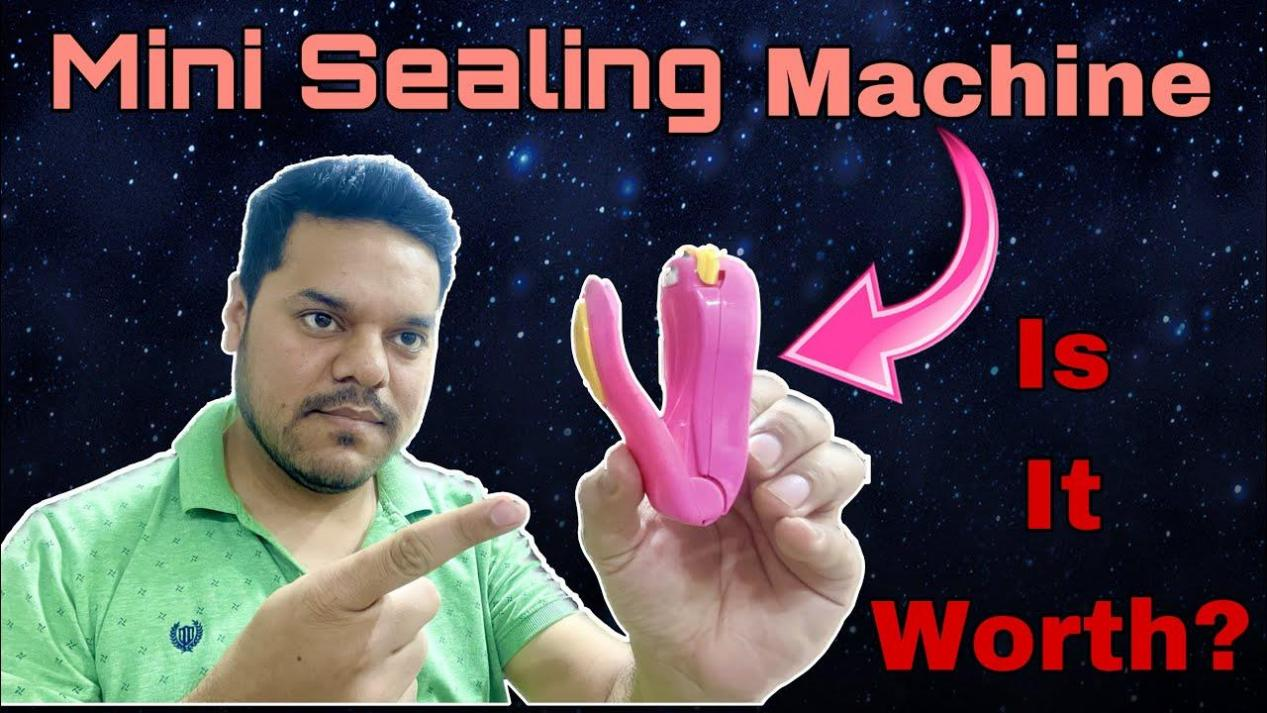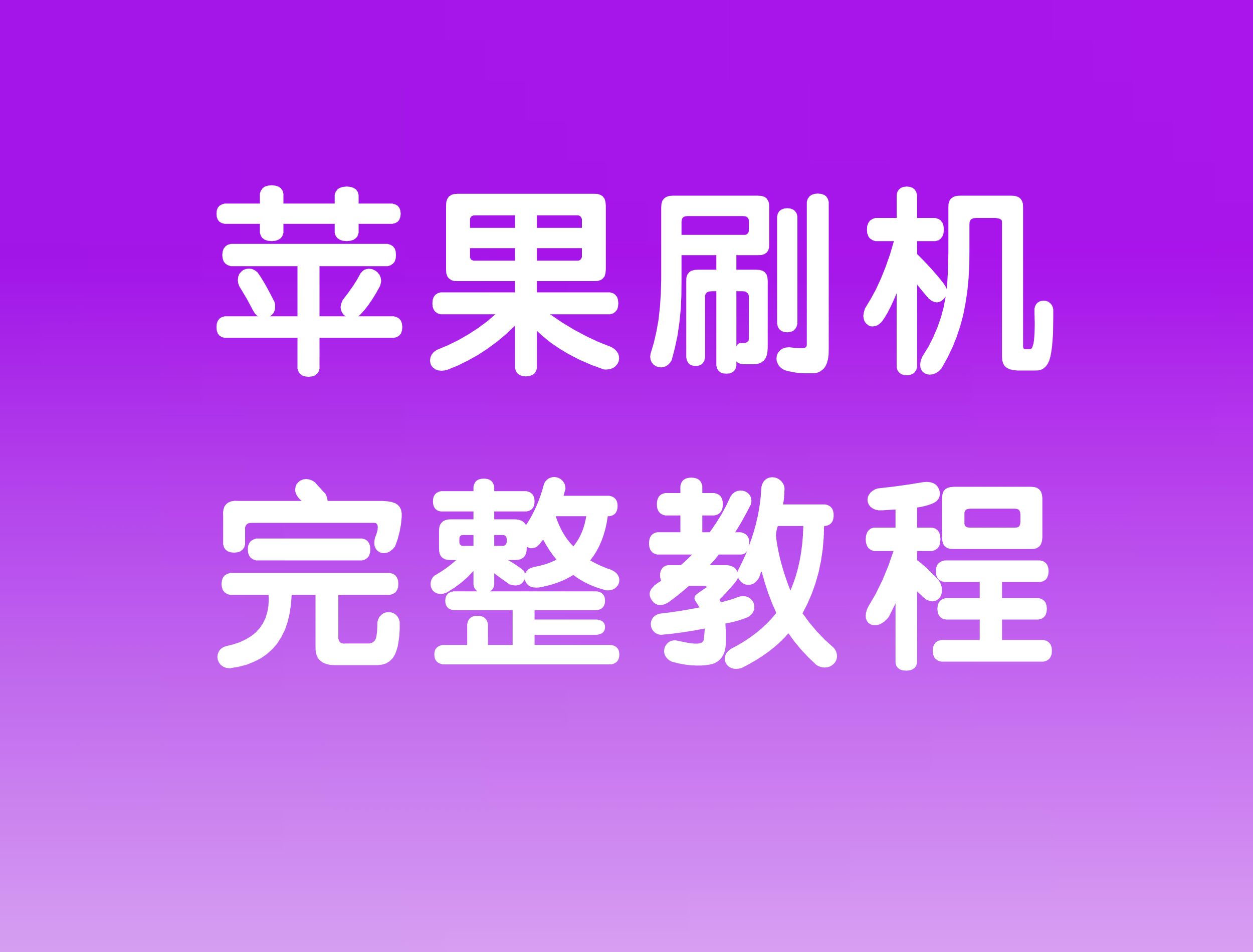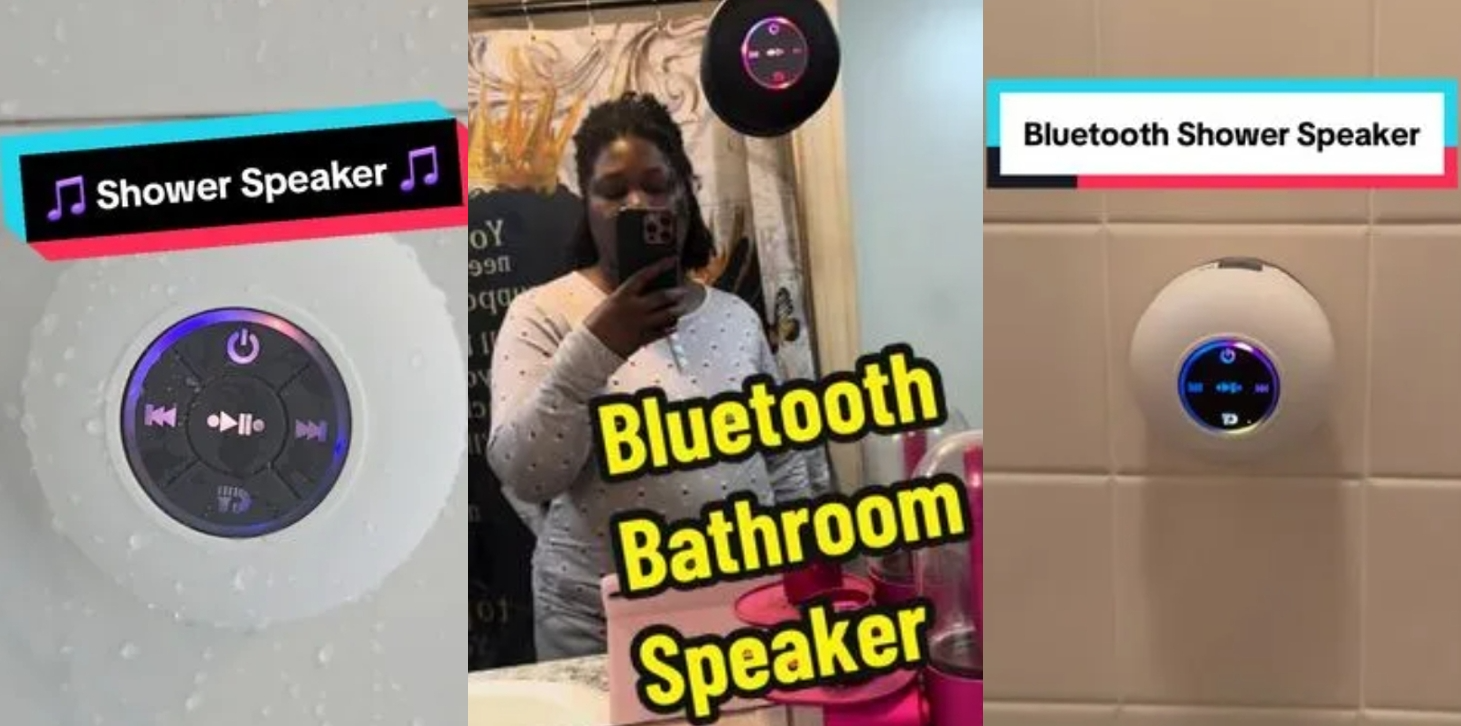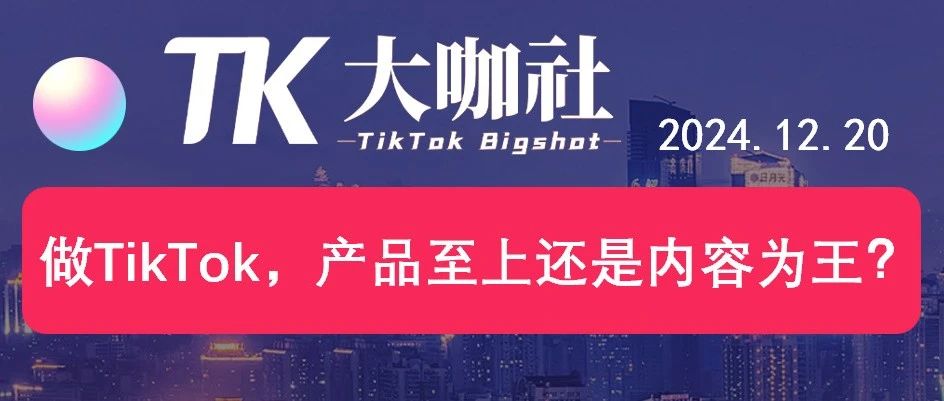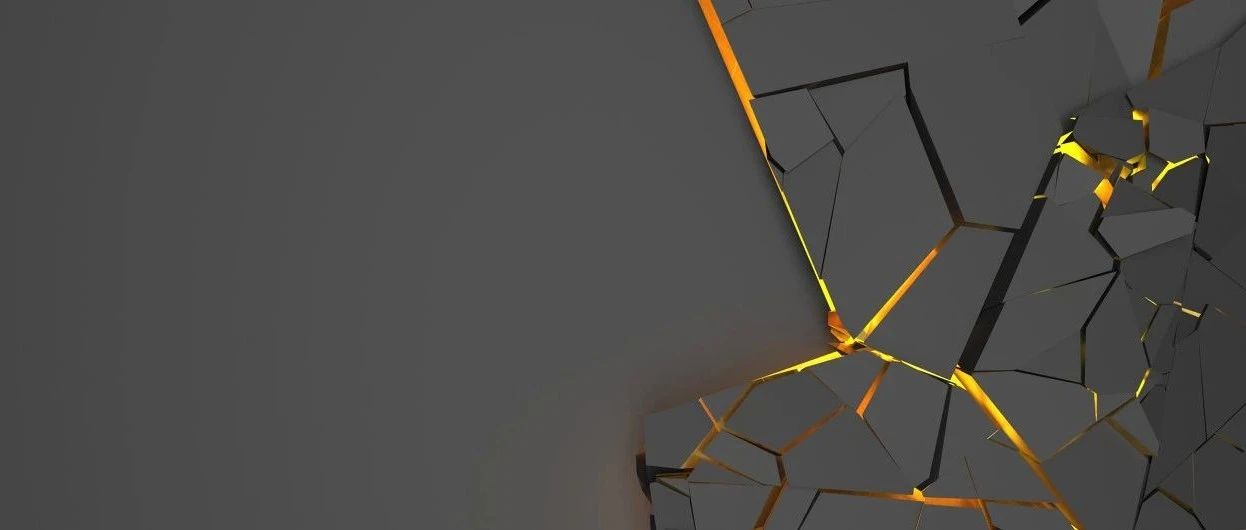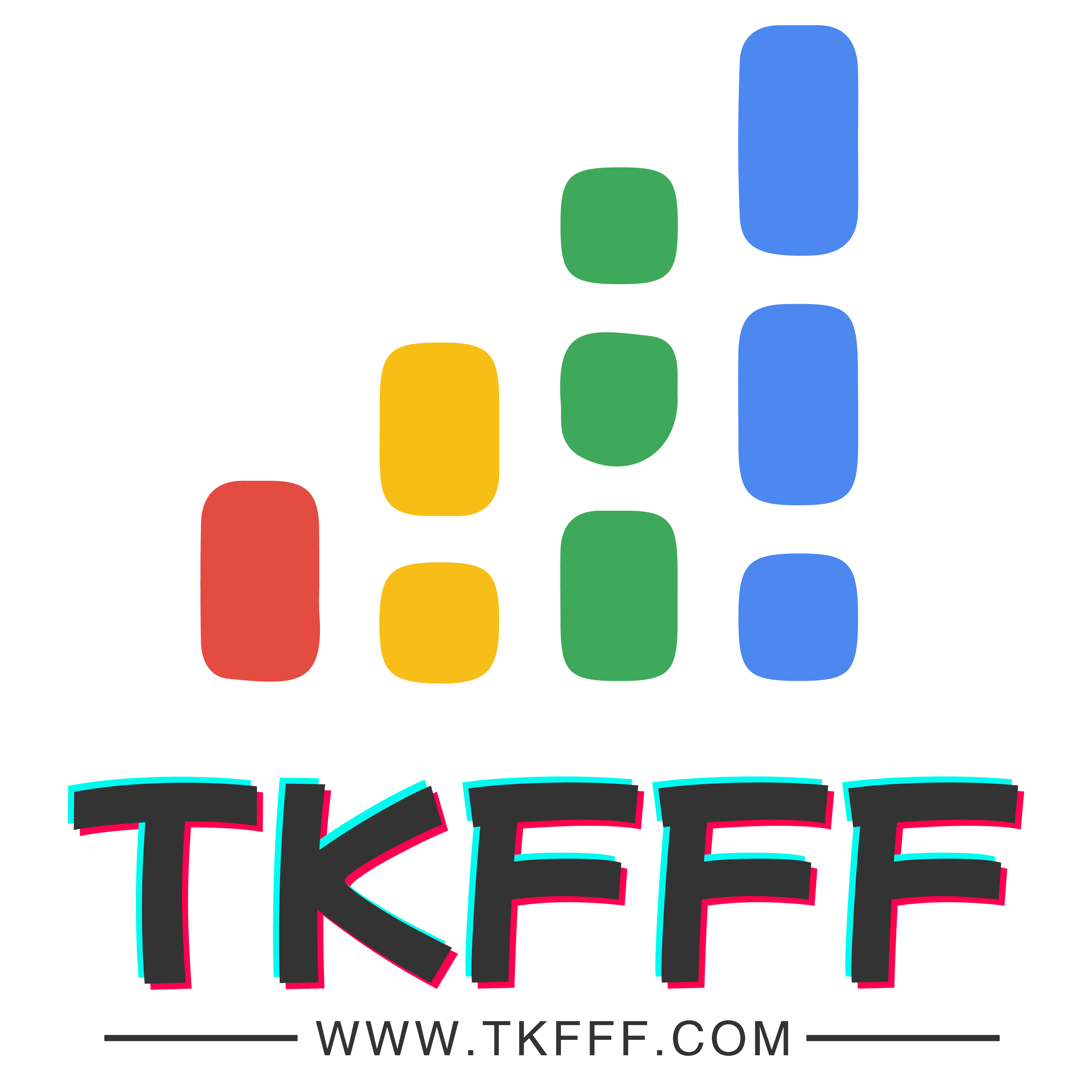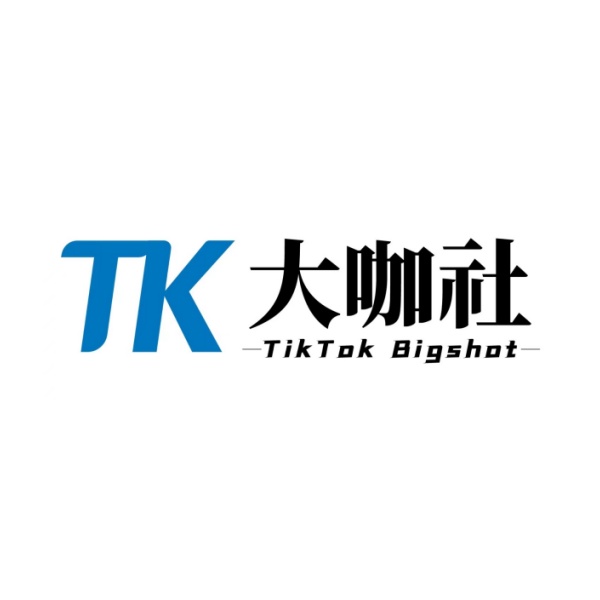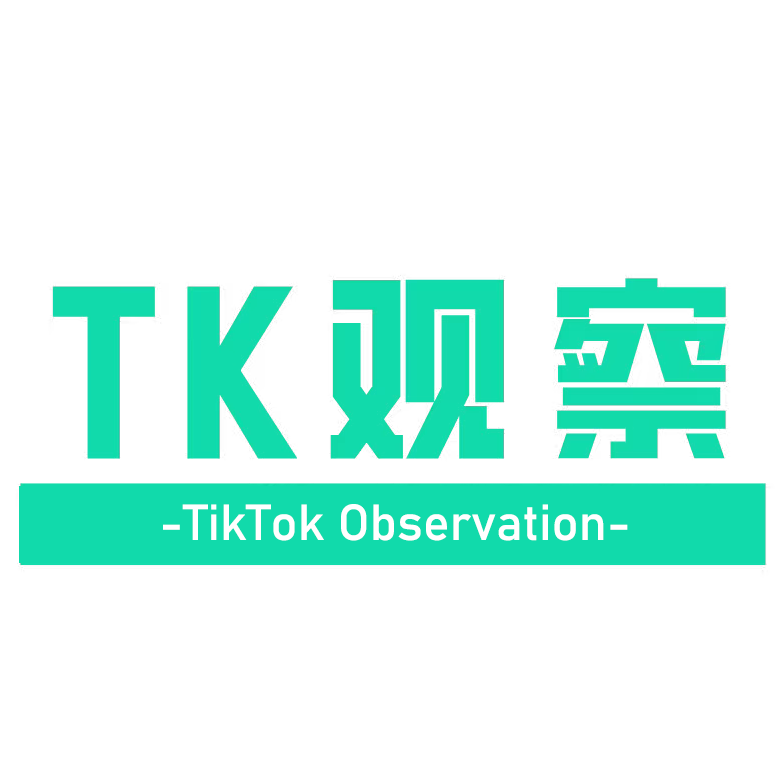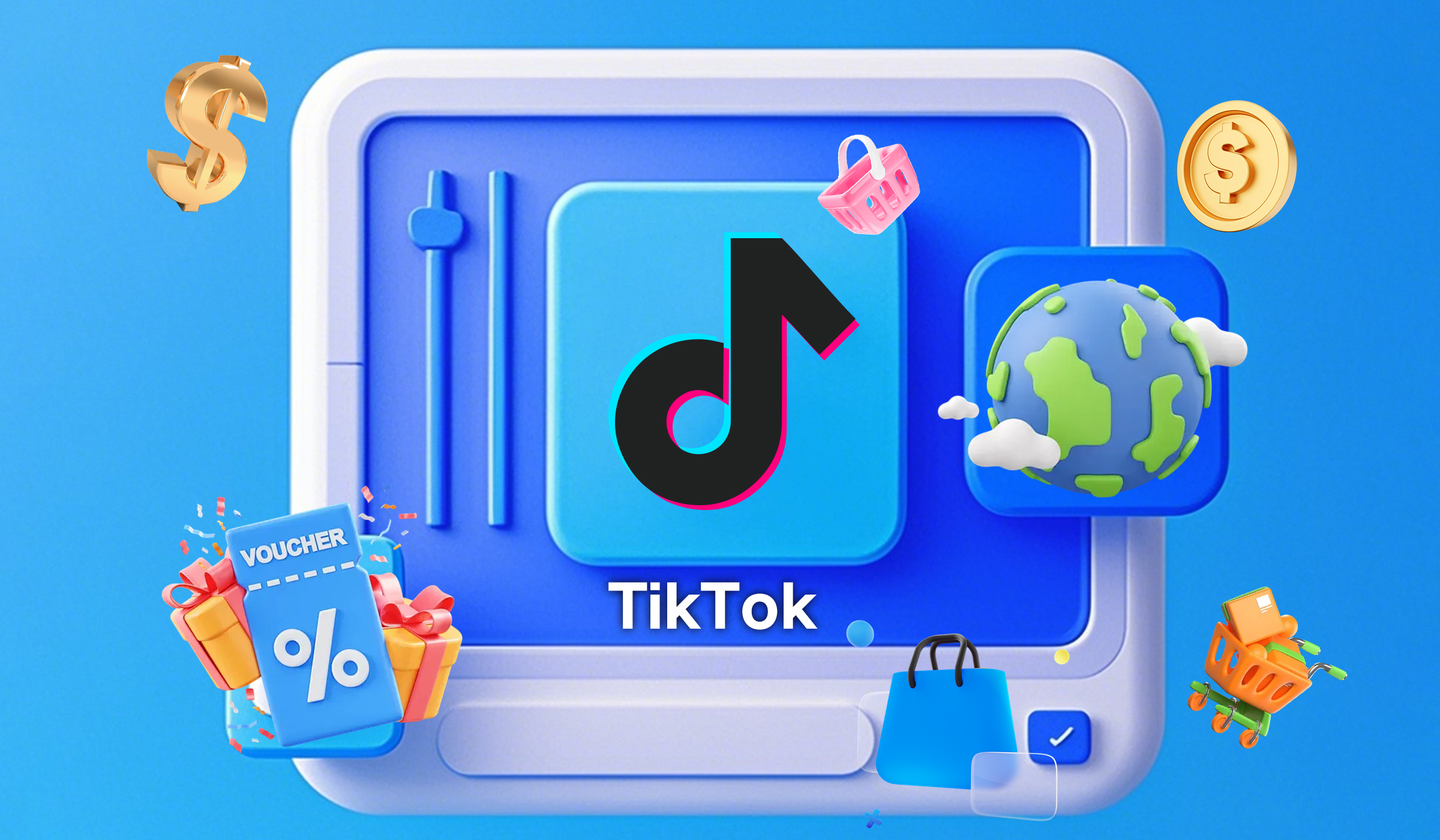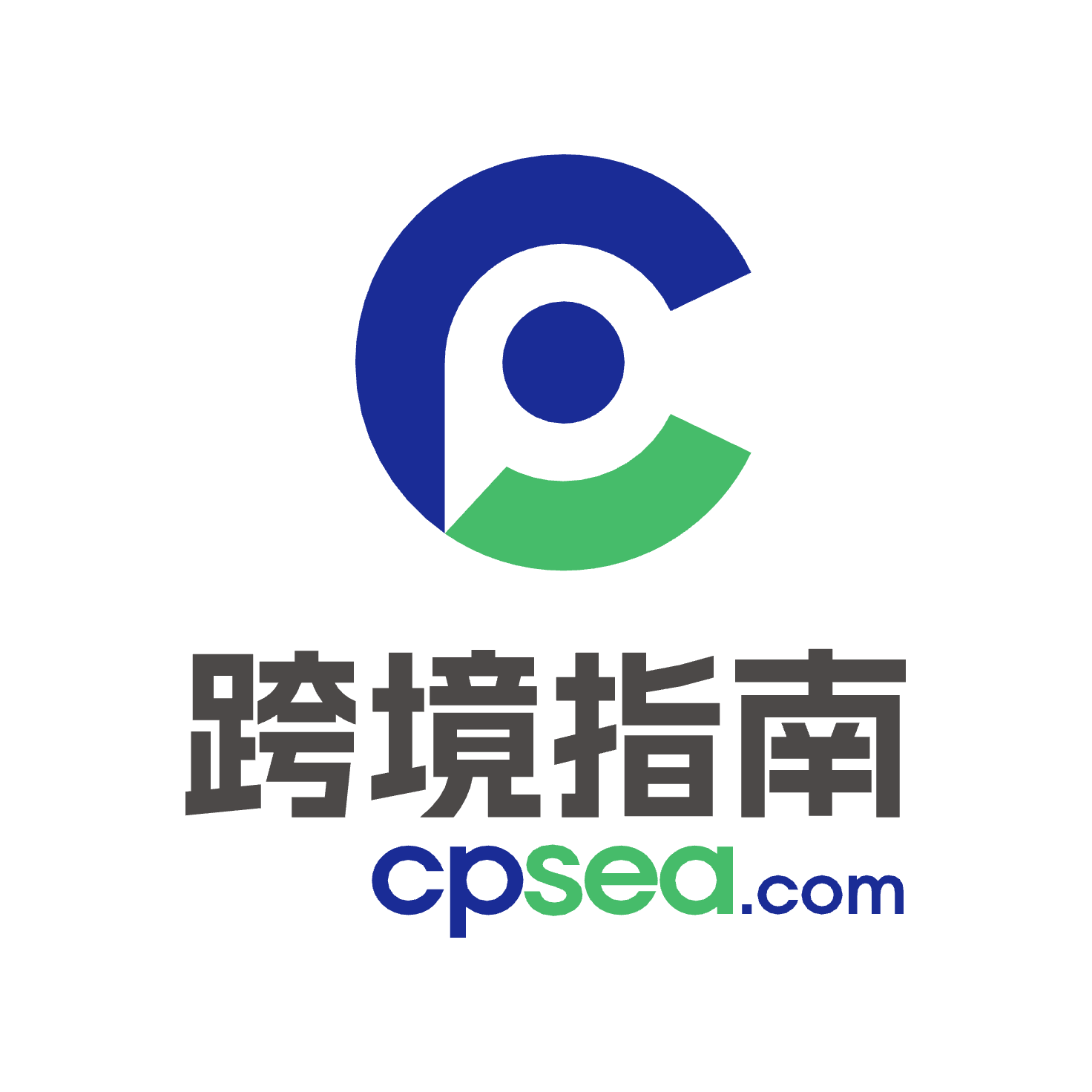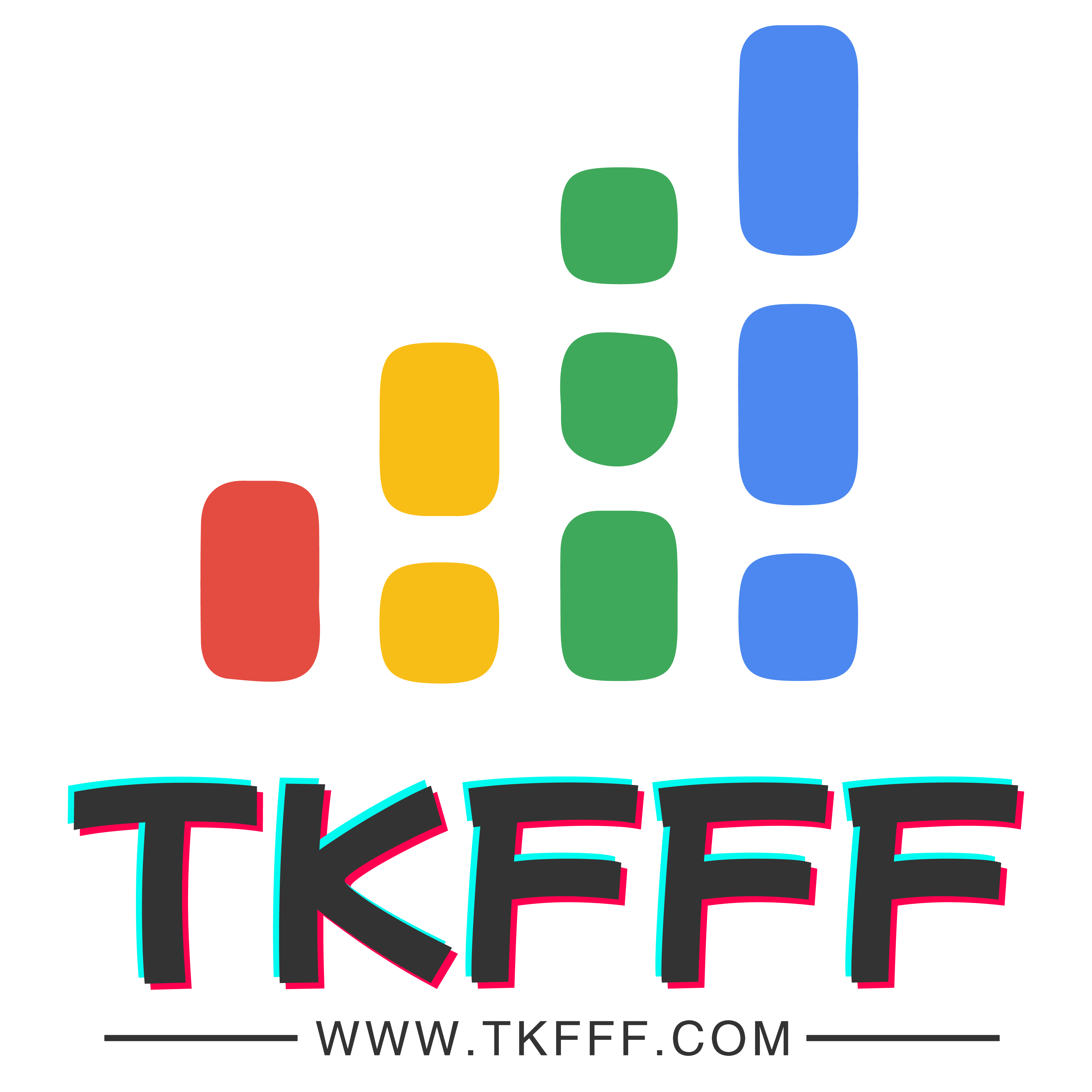
The company is an increasingly popular source of political news. It’s adding more content about how elections work and media literacy.

TikTok is pushing to improve information about the upcoming U.S. presidential election on the app, it said Wednesday.
The company will expand a landing page on how elections work and why they can be trusted and run new in-feed videos about media literacy. It will also increase security requirements for verified accounts from politicians and governments in the United States. Vice President Kamala Harris, former President Donald J. Trump and their vice-presidential nominees each have TikTok accounts as of two weeks ago, a sharp pivot from last year, when the vast majority of American politicians were avoiding the app.


The efforts come as TikTok warily acknowledges that it has become a much bigger news source for millions of Americans ahead of the presidential election than it was in 2020. It joins other major tech companies like Meta, Google and X that must regularly grapple with how their platforms handle election-related content. But TikTok has an added layer of scrutiny, since it is owned by the Chinese company ByteDance and faces a looming possibility that its app could be banned as soon as January, based on national security concerns.
“Young people are going to TikTok and other vertical video platforms for news more than ever,” said Alex Mahadevan, the director of MediaWise at the Poynter Institute, which worked with TikTok to create a series of videos on media literacy that will soon begin airing to users. “As of late, TikTok has been investing a lot in media literacy and fact-checking.”
The U.S. government has expressed some concern that TikTok could imperil future elections. The Justice Department said in July that China could direct ByteDance and TikTok to manipulate videos served to Americans to “undermine trust in our democracy and exacerbate social divisions.” President Biden signed a landmark law in April that will ban TikTok in the U.S. in January unless ByteDance sells the app to a non-Chinese company.
ByteDance and TikTok, which are challenging the law in court, said that the U.S. government has not shared evidence that the Chinese government has manipulated TikTok videos viewed by Americans, and that the technology fueling the app’s recommendations is based in the United States and overseen by Oracle, an American cloud computing company.
TikTok said in a release that its Elections Center — a landing page that the app prompts users to visit when they search for election-related terms or watch videos tied to the race — has been visited more than seven million times since it was introduced in January. TikTok developed the page in conjunction with Democracy Works, a nonpartisan nonprofit that helps voters find accurate information online.

It includes links to voting resources and short explanations of how voting systems and elections work, and will be updated with real-time results from The Associated Press in November of presidential, congressional and gubernatorial races, TikTok said.
The company said it has formed a 13-member U.S. Elections Integrity Advisory Group, which includes outside experts in violent extremism and election and civic integrity, to “pressure-test” its policies around hate speech or content generated by artificial intelligence, and to plan for scenarios that could affect social platforms during elections.
Most major social media companies have scaled back safeguards around misinformation and downsized teams working on elections. Mr. Mahadevan, whose MediaWise group promotes media literacy across social platforms, said that TikTok stands out for leaning into such efforts at this time.
“Media literacy resources are shrinking at Meta and potentially nonexistent at X, and they are growing at TikTok,” he said.





